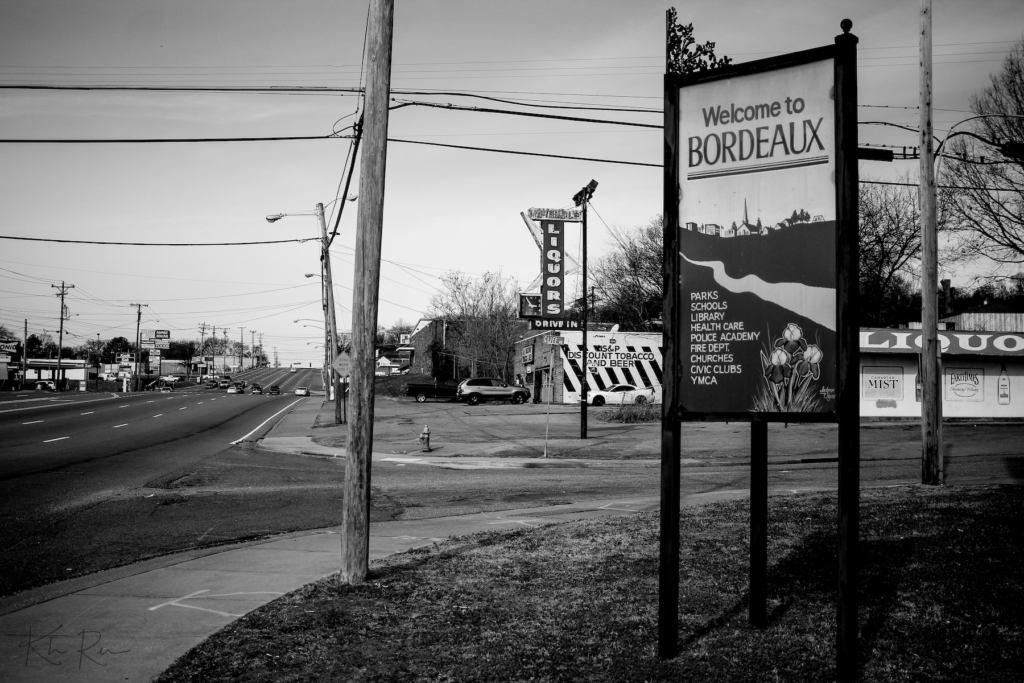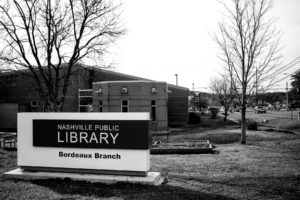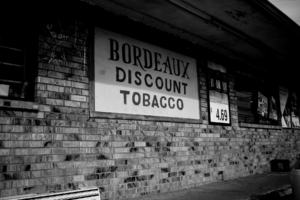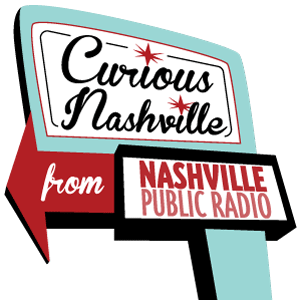
Nestled in the northwest corridor of Nashville, with lush greenery and rolling hills, the Bordeaux community offers a quiet existence just 10 minutes from the hustle of downtown.
For decades, the predominantly African American community has been home to many working- and middle-class families, along with pockets of affluent doctors and administrators from the city’s historically black colleges and universities.
But for many Nashvillians, the French-influenced Bordeaux name is puzzling.
It stands apart from so many of the city’s other neighborhood names — which tend to draw from historical figures or geography — and that has prompted several Curious Nashville questions over the years:
“Who named Bordeaux?”
“Why does Bordeaux bear a French antecedent?”
“Has the community past or presently had any Cajun connection?”
The answers to these questions and many more center around a small city in southwestern France.
French Connections
Just across the Cumberland River from North Nashville, Bordeaux occupies what’s known as Hardins Bend.
Early settlers came following the Revolutionary War. They were given land grants for their military service and chose the area because of its farmland and the vitality of crops and rich soil.
But even with that influx of new settlers, Bordeaux developed slowly as a community.
The Metro Archives at the Nashville Public Library houses written accounts of the early days of Bordeaux’s settlement. Historian John Graves, author of “Northwest Davidson County: The Land — It’s People,” wrote that one business, one church and one school were the makeup of the area in the late 1800s.
Both the school and the church, Bordeaux Church of Christ, were segregated, with many black students attending classes in a one-room establishment on the north side of Hydes Ferry.
 K C
K C Home to a highly active early voting location, the Bordeaux Branch Library is a landmark in the community.
According to Graves: “The first business in the Bordeaux area was a one-room store on the steamboat landing road where South Hamilton runs into Old Hydes Ferry Pike. [After the business closed in the 1880s], the future business section of the community sprang up along the new road that crossed the Hydes Ferry Bridge. Some 50 years later, Clarksville Highway was constructed.”
It wasn’t until 1886 that the name was chosen. Dr. M.O. Randall, a dentist originally from New York state, is credited with the naming of the Bordeaux community because it reminded him of an area in France where he had once practiced dentistry.
A Changing Neighborhood
Bordeaux has maintained a sense of independence within a city that’s rapidly changing.
Graves details in his book how in Bordeaux’s infancy, many of the black families were employed on the large, productive farms near the Cumberland River, which included the areas of Ewing Drive, Whites Creek and Eaton Creek. Many African Americans built homes and started families in those areas, and a high percentage of black families still live there today.

Bordeaux has long been home to independent and family-owned businesses.
A drive down Clarksville Pike provides a glimpse into the working- and middle-class community of Bordeaux. It’s lined with family-owned restaurants, small businesses and churches.
The Enchanted Hills subdivision has long been home to administrators from Fisk and Tennessee State universities and the physicians from Meharry Medical College.
“When African American families bought houses and settled in this area, the idea was to stay in these homes forever and eventually leave the houses and properties to our kids,” said Charles Scott, a retired deputy fire marshal and Bordeaux resident since 1969.
Scott said he’s seen Bordeaux in varying stages, including a period of growth, then a decline in business and commerce. Still, the area’s home prices remain reasonable, he said, so newcomers are arriving.
“We are beginning to have turnover [in residents] in this area since new houses are being built,” Scott said. “With the development that has taken over Nashville in recent years, our primary focus as longtime residents of Bordeaux is on keeping the identity of our neighborhoods.”


